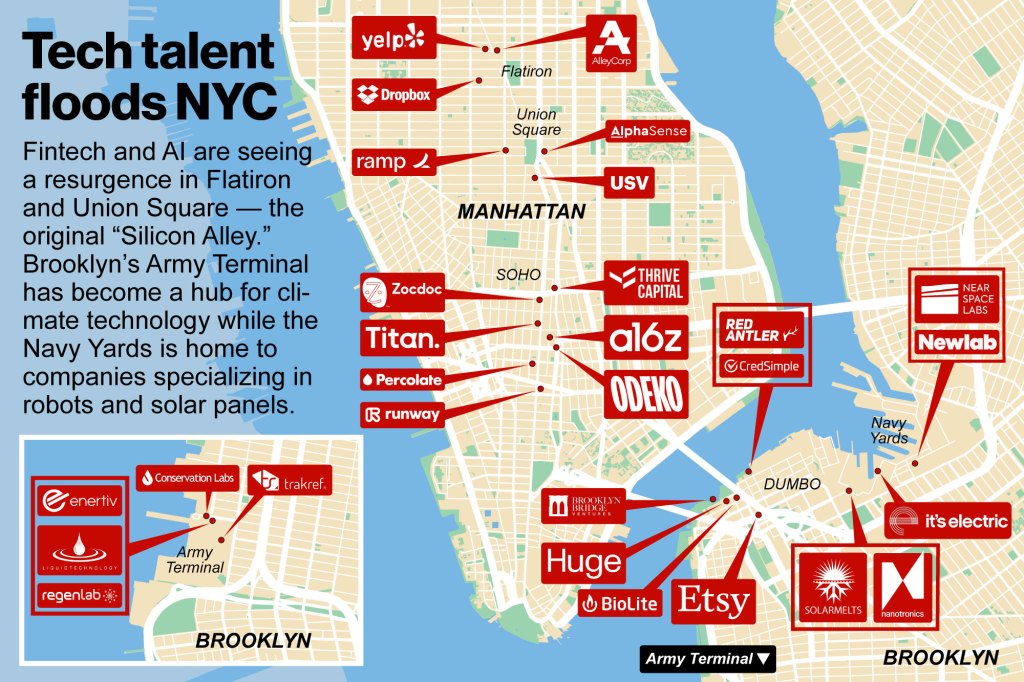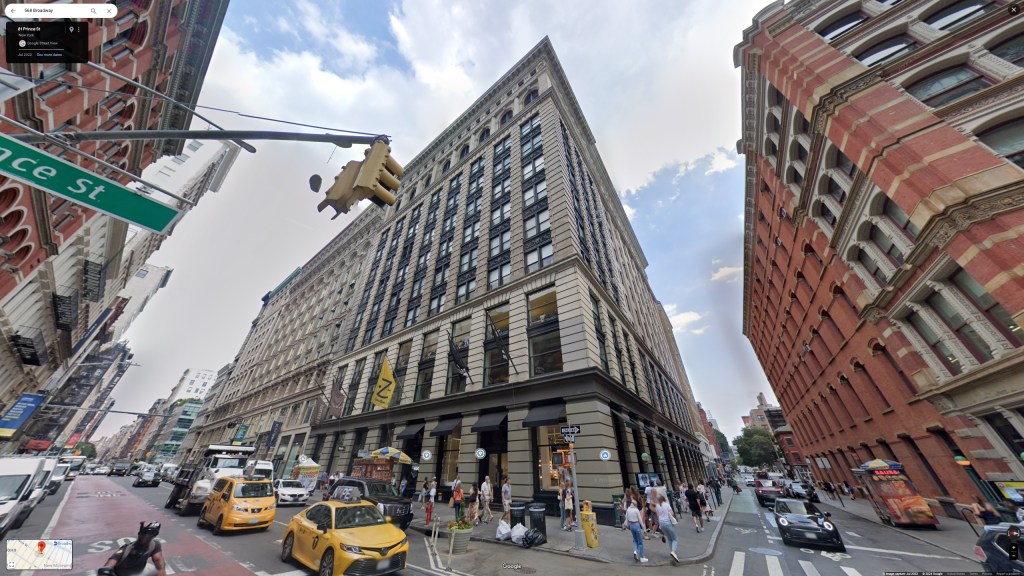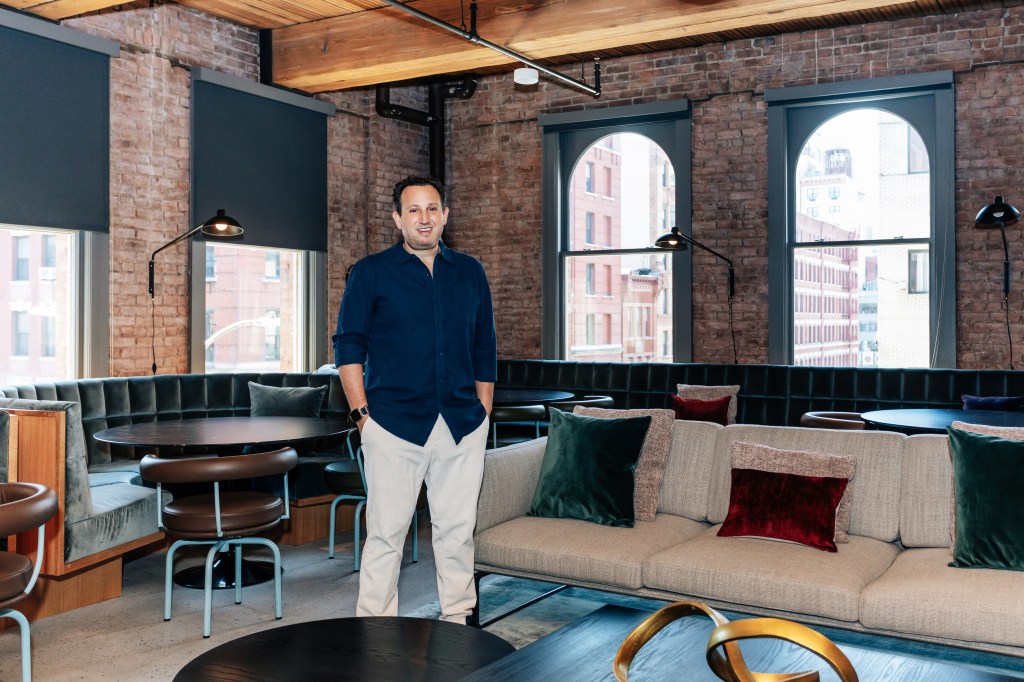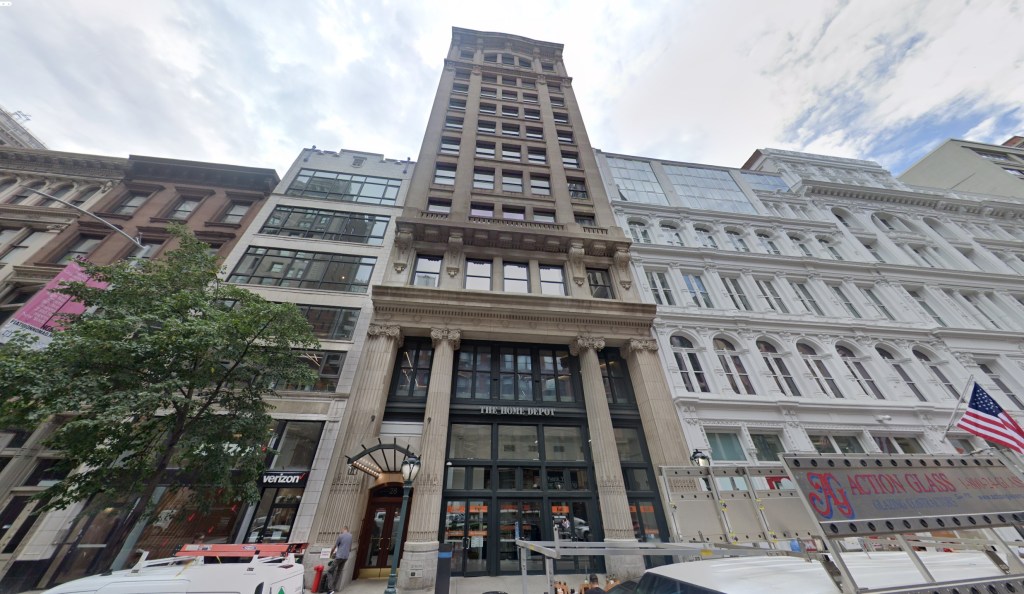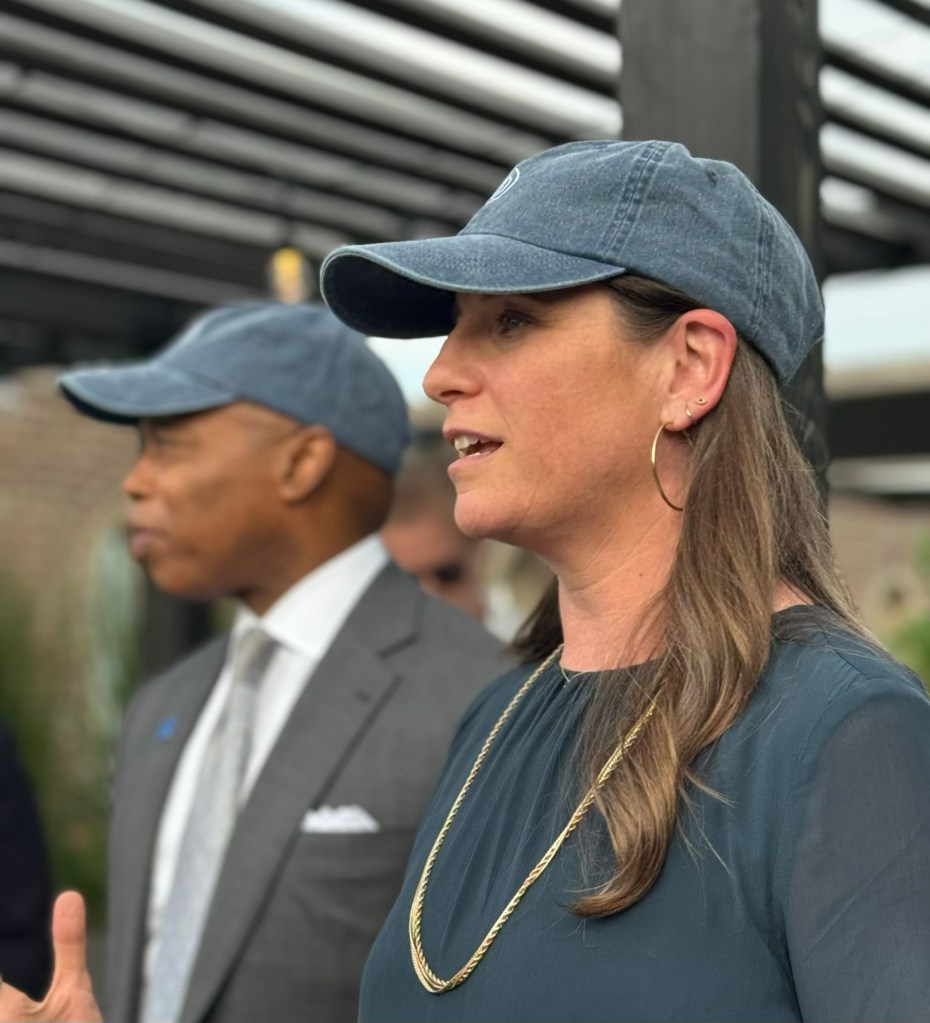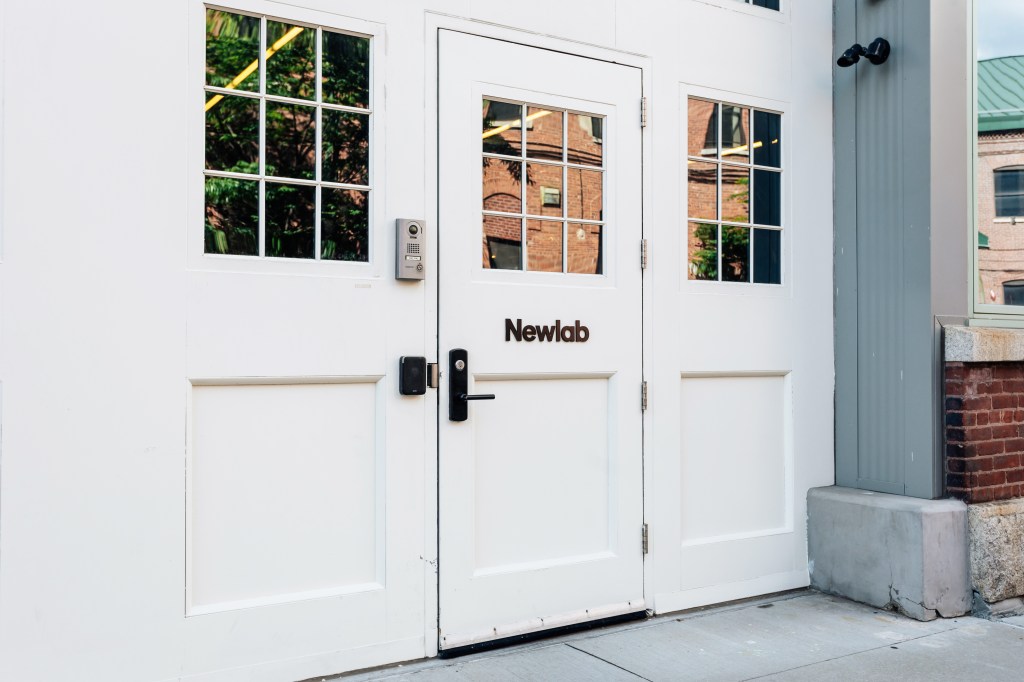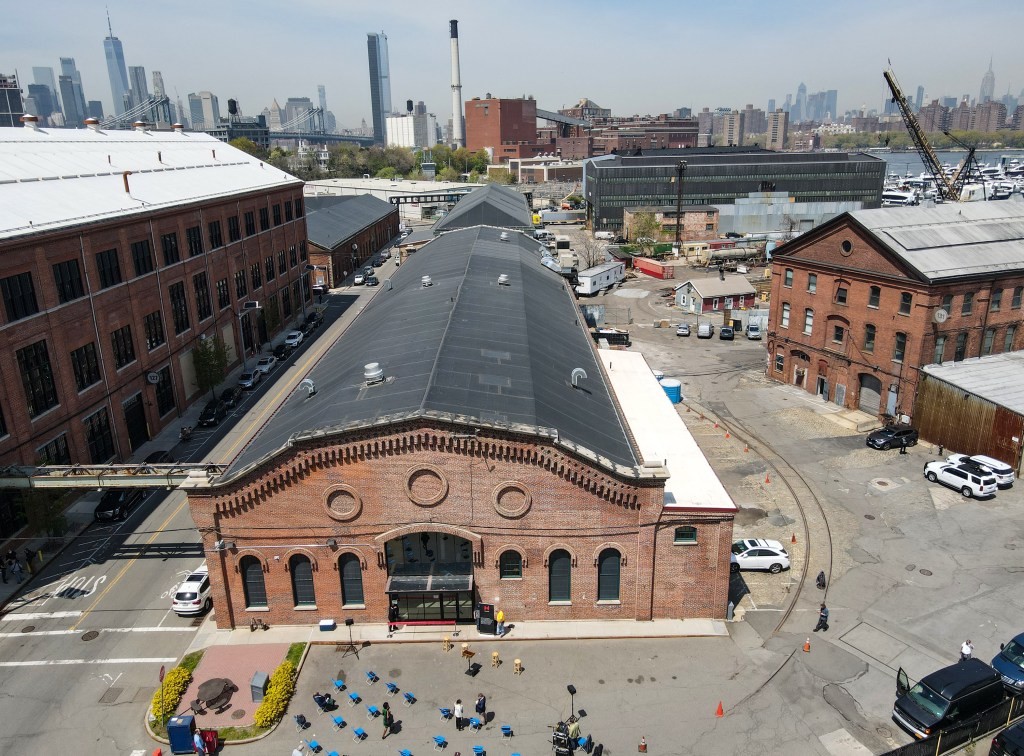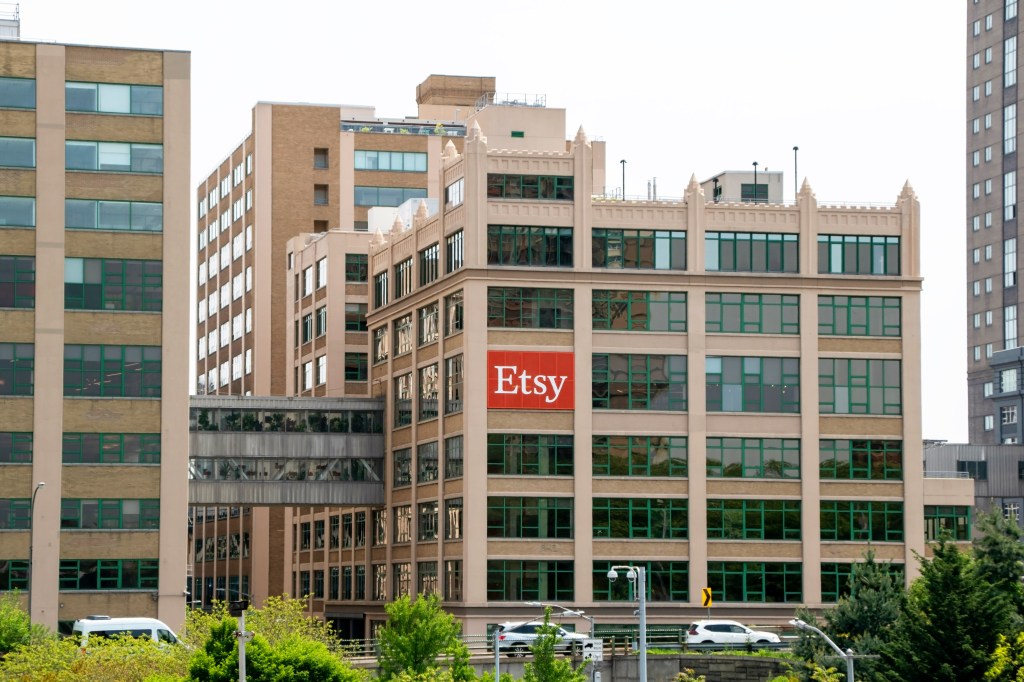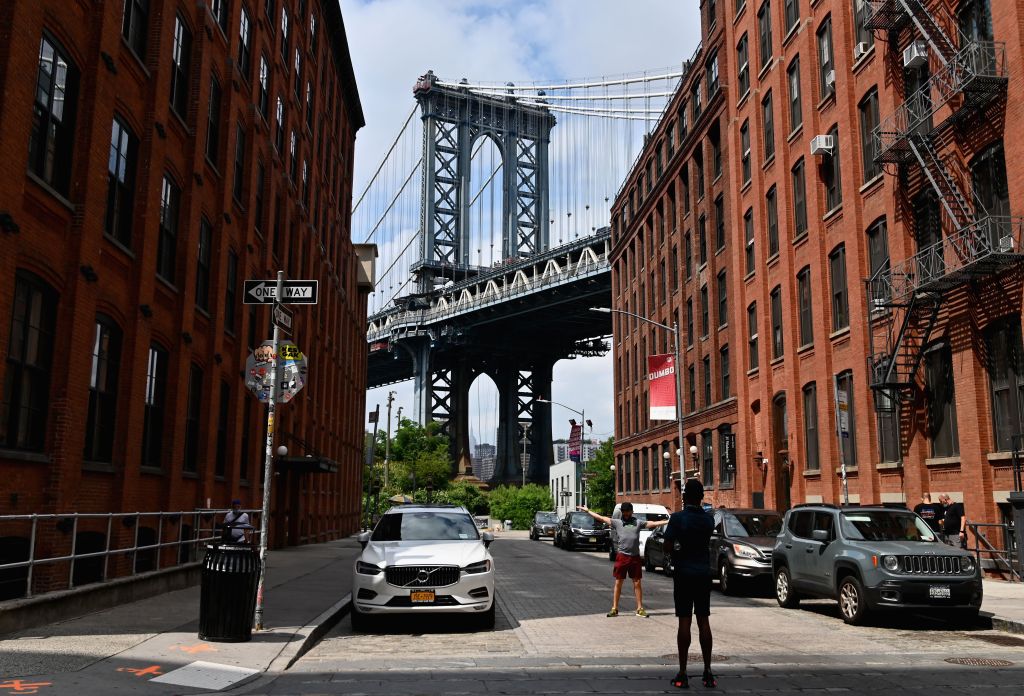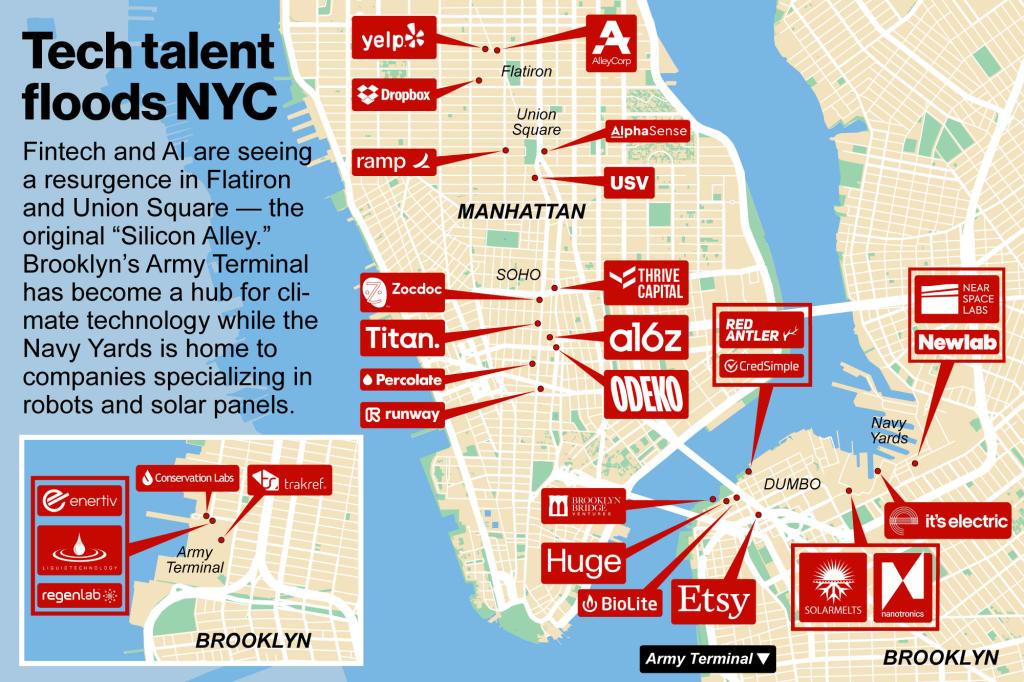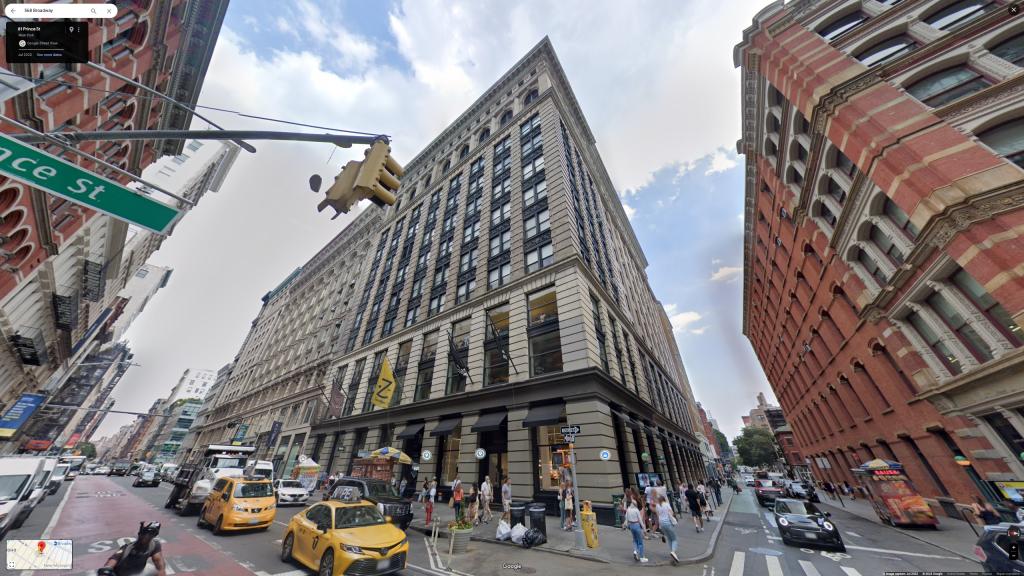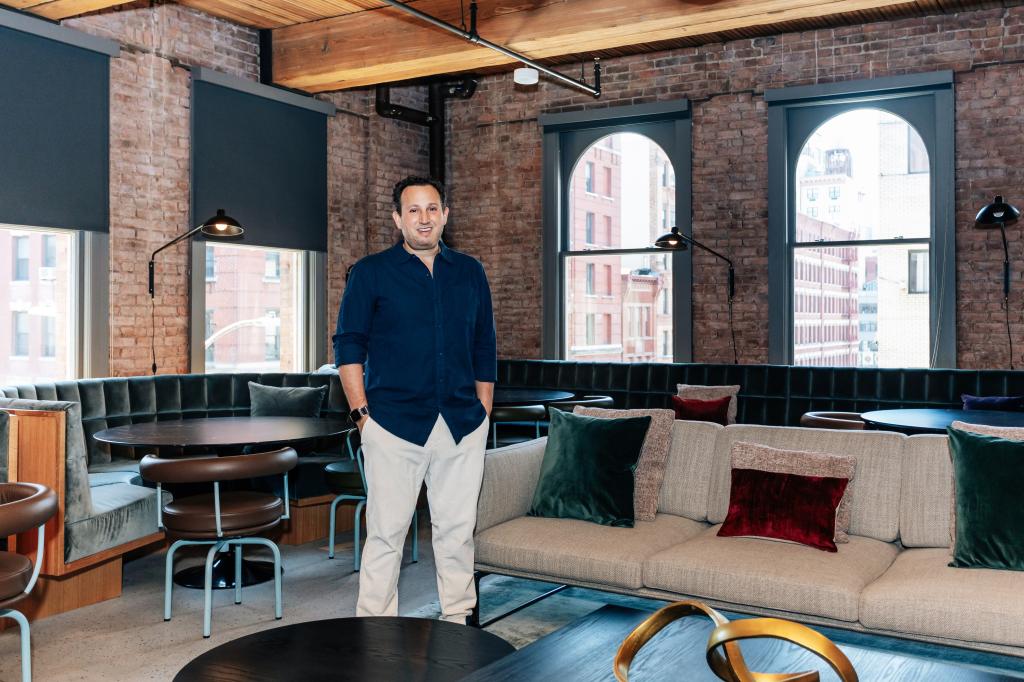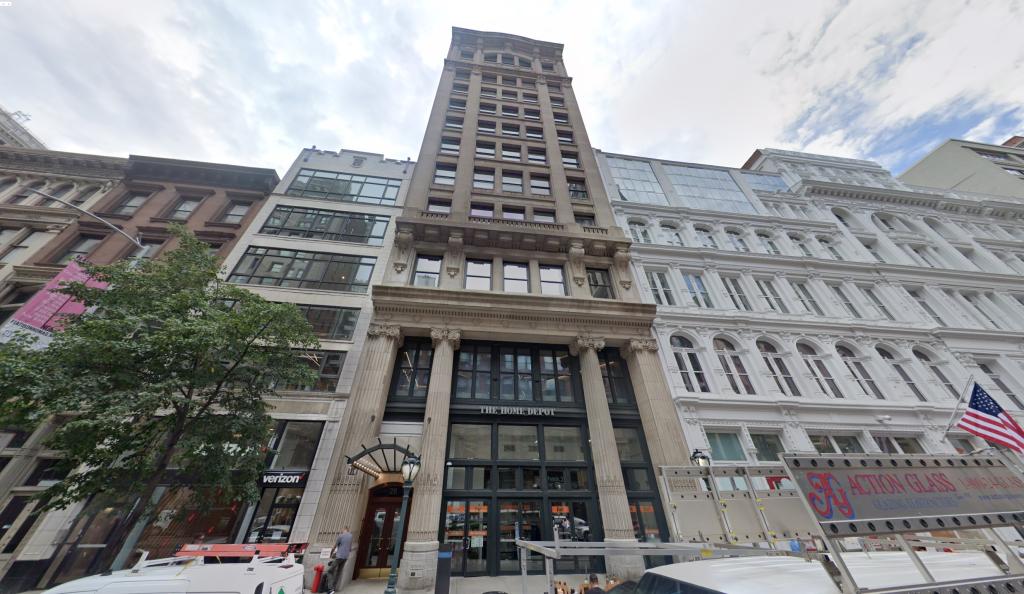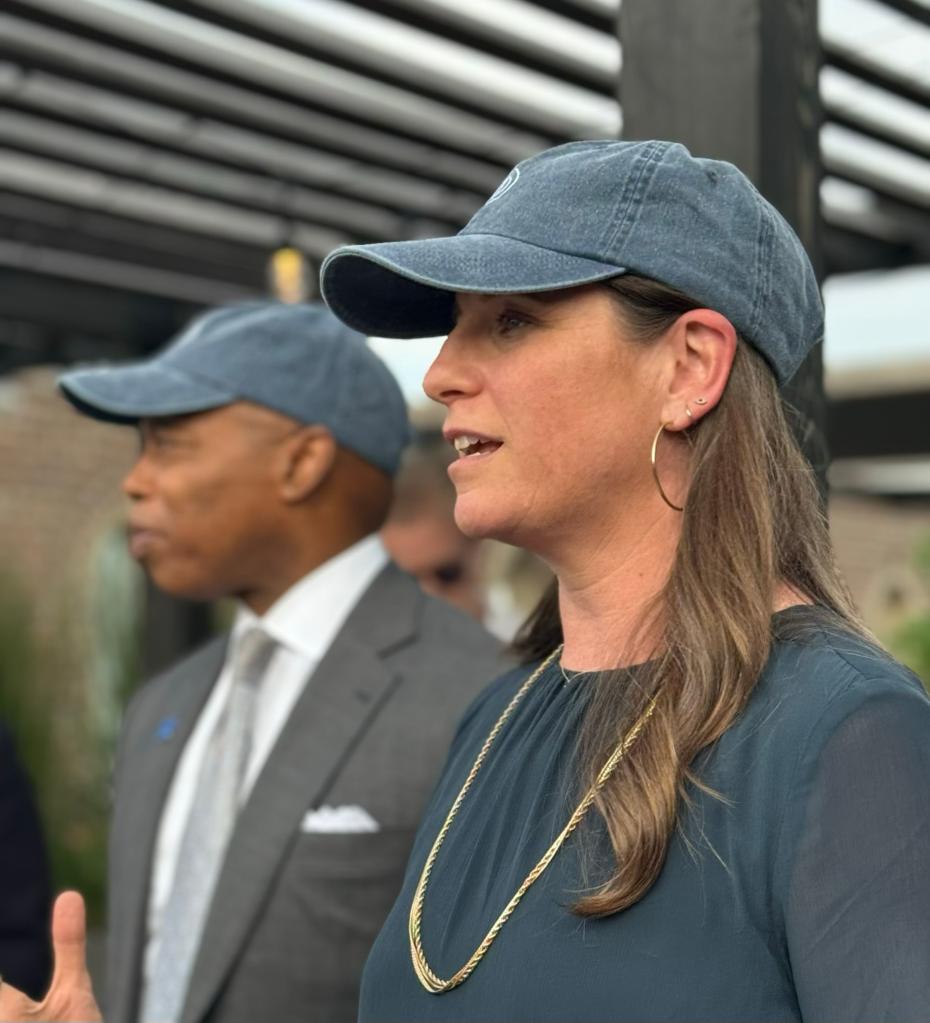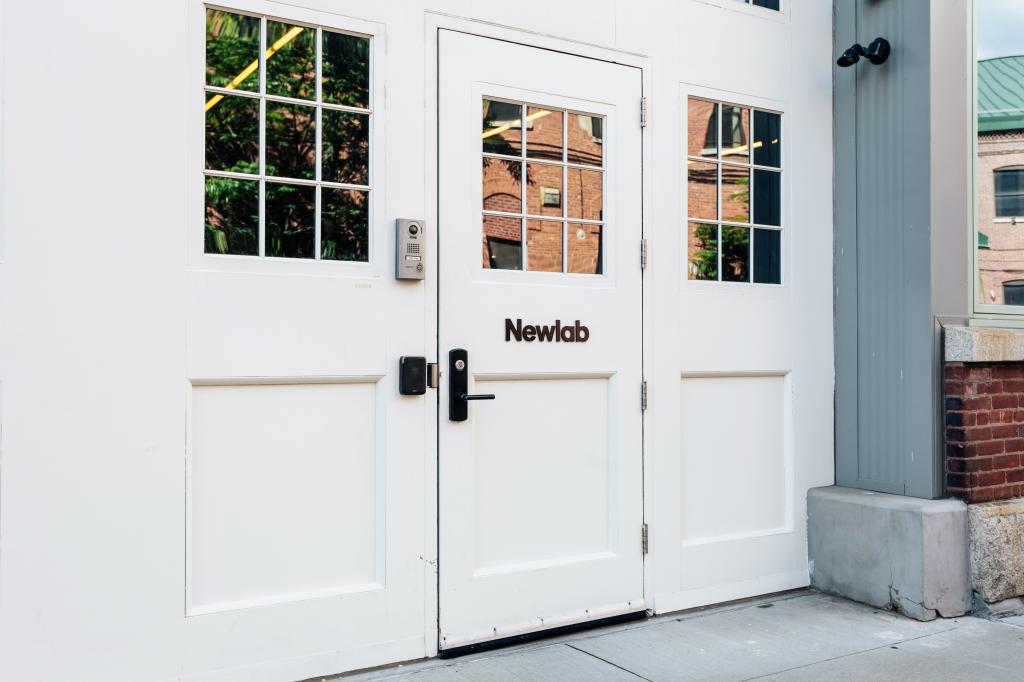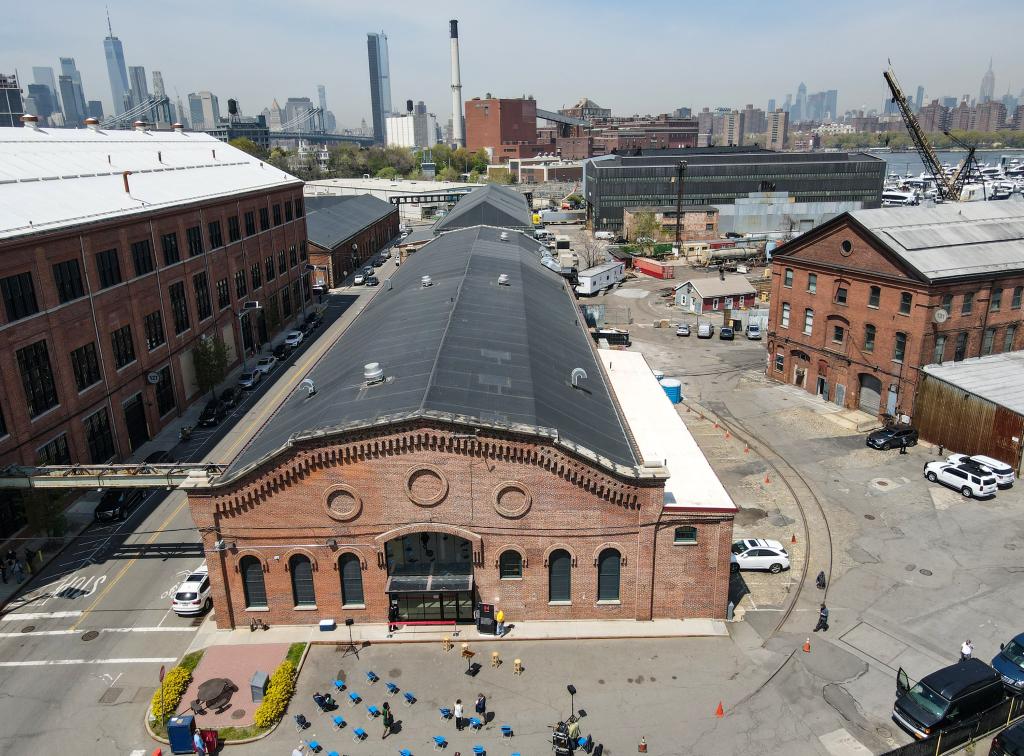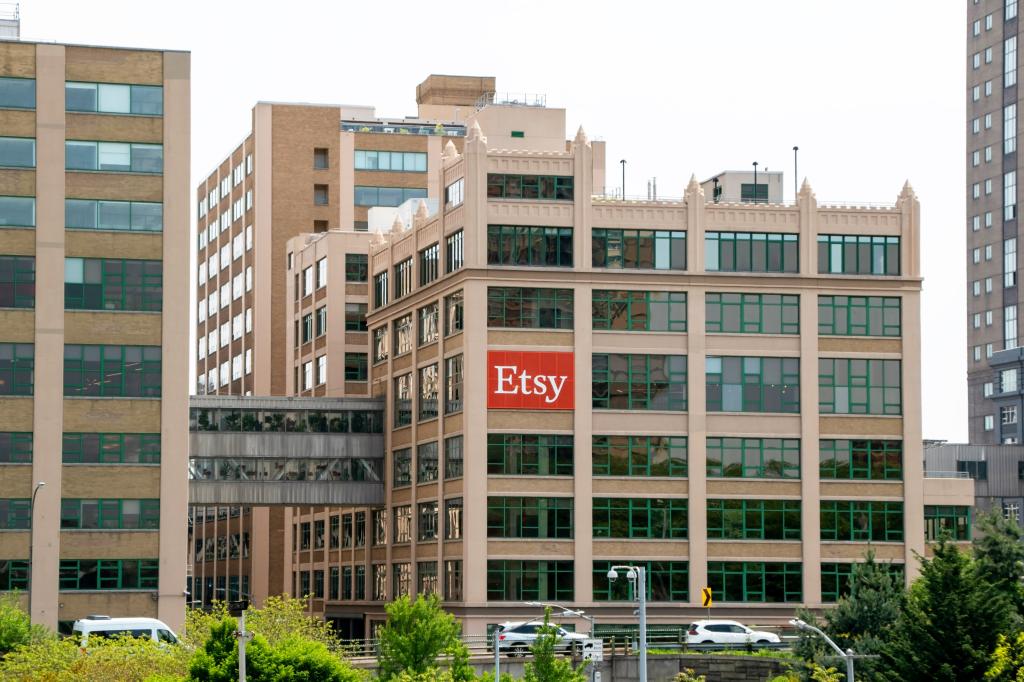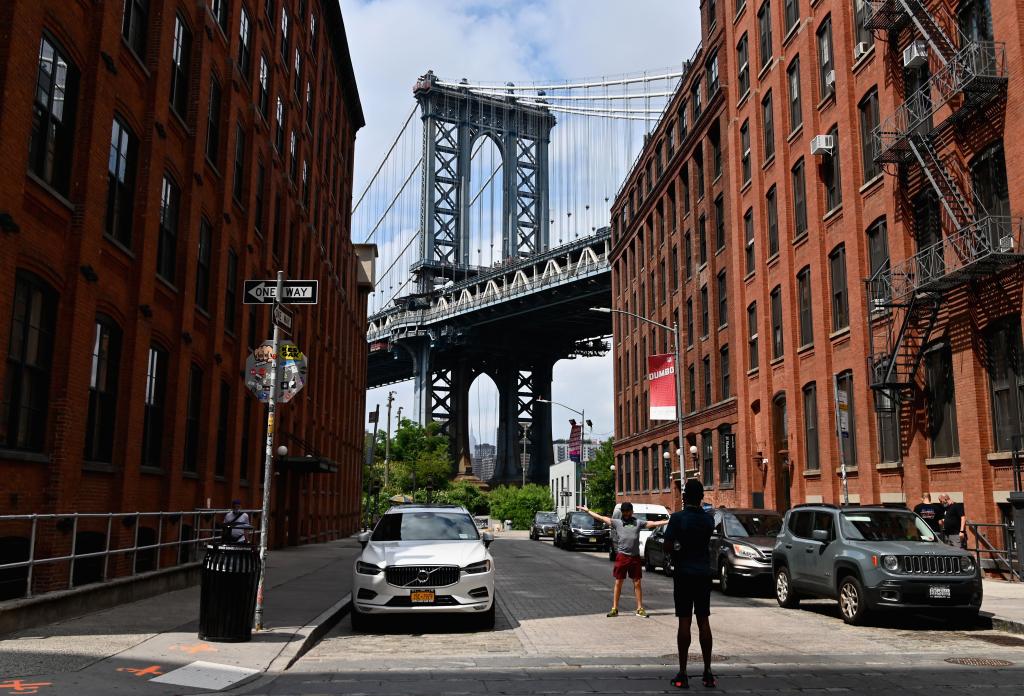Move over, Silicon Valley: These neighborhoods are the epicenter of NYC’s tech boom
Contact The Author
As New York sees a record number of tech employees flood into the city, neighborhoods downtown and in Brooklyn are gaining an influx of top talent.
Last year, the greater NYC area attracted 14.3% of all tech-sector employees who relocated in the US — more than any other city, according to an analysis of LinkedIn data by venture firm SignalFire.
“Tech is about human talent,” Kevin Ryan — who has been called the “godfather of NYC tech” for co-founding MongoDB, Gilt Group and Zola — told The Post. “New York City is just a better city… the talent wants to be here.”
“There’s more technical talent in New York than there’s ever been,” said David Ulevitch, a partner at Andreessen Horowitz. “New York is easily the most desirable city to live in for the most ambitious people.”
In fact, New York City has 3.2 million college-educated workers — that’s more than Los Angeles, San Francisco, DC, Boston and Philadelphia combined, according to data from the office of the New York comptroller.
Kathy Wylde, who runs the Partnership for New York, said she sees growth in almost every neighborhood, adding, “Our economy since the pandemic has dramatically diversified and is much stronger.”
Here are the hotspots in the midst of a tech boom:
Soho
During the pandemic, pricey areas that had already attracted established venture firms and tech companies suddenly became more affordable for startups seeking office space.
Younger companies like Odeko, which creates software for cafes, and Titan — a sort-of hedge fund for average-Joe investors — joined existing tenants such as the healthcare booking software ZocDoc and Percolate, a digital marketer for Mastercard and Cisco.
“Post pandemic, Soho became the tech hub of Manhattan,” said Jessica Schaefer, Managing Partner at the tech advisory firm Capital V. “I got prime space in Soho for $50 a square foot for a five-year lease.” Soho space typically goes for closer to $90 per square foot.
At the same time, venture capitalists flooded the neighborhood.
“The VCs see the hotspots and move there … We want to collide with as many founders as possible.” Jean Simi, a venture capitalist at Partech, told The Post. “Founders want to put down roots where they can attract other team members.”
Over the last few years, major venture firms including Andreessen Horowitz and Josh Kushner’s Thrive Capital have expanded their space in Soho.
Union Square and Flatiron
The Flatiron district and nearby Union Square were the original tech hotspots in New York and given the nickname “Silicon Alley” during the ’90s dot-com boom.
While some of that era’s startups went bust, the neighborhood is still a center for New York’s biggest venture capitalists — and has become home to a new slate of companies.
“Beginning around 23rd street, there is a startup everywhere you look,” Ulevtich said.
Josh Wolfe, founder of Lux Capital, told The Post that the area around Flatiron is “experiencing an upswing of tech buzz and growth,” particularly for AI-focused companies like RunwayAI and AlphaSense.
There are still more established players, too, like DropBox, Yelp and the telehealth company Ro.
In addition to Lux, neighborhood VCs include Union Square Ventures and Kevin Ryan’s Alleycorp.
Navy Yard
The Brooklyn Navy Yard, which began as a shipyard in 1802, is seeing a resurgence in manufacturing again — particularly among companies creating physical technology.
Among the new tenants are Near Space Labs, which captures high-quality images and collects real-time data by balloon; Nanotronics, an AI-manufacturing company focused on the semiconductor industry; and SolarMelts, which is creating a new way to clear ice and snow from roadways
Jared Day, CEO of SolarMelts, told The Post he initially relocated to the Navy Yard last year because they had a smaller space that his company could afford. But he has stayed because of the built-in opportunity to collaborate with others and the help from Newlab — a tech incubator in the Navy Yard that provides startups strategic advice, staffing support and even customer acquisition.
“For hardware and advanced manufacturing startups, it’s essential to be surrounded by other manufacturing companies. You never know when you’ll need to borrow your neighbor’s forklift or 3D printer!” Day told The Post. He adds that Newlab has helped him vet employees, interns and consultants ,and introduced him to NYC government officials.
More than 70 startups — including eight biotech and medtech companies; 51 hardware, software and design engineer firms; and 13 power and energy businesses — are headquartered in the 300 acres between Williamsburg and Dumbo.
Stephanie Baez, who runs public affairs for the Navy Yard, compared it to an “ecosystem”: “Companies are co-locating and flourishing, and doing hardware testing and light manufacturing and assembly that harkens back to the origins of the Navy Yard,”
Army Terminal
The Brooklyn Army Terminal, built in in 1918 to house military supplies, is now a center for climate-focused tech companies. Tenants include Enertiv, which helps cities reduce energy consumption, and Conservation Labsm which harnesses AI to monitor water consumption.
Earlier this year, Mayor Eric Adams committed an investment of $100 million to make the Army Terminal — located on 95 acres of land in Sunset Park, Brooklyn — a “Climate Innovation Hub.”
Among the Army Terminal’s roughly 50 tech companies, Trakref is creating a new kind of refrigerant to reduce HVAC inefficiencies. There’s also itselectric, which has unveiled multiple public electric charging stations that will be placed across the city over the next few years.
Jeff Holmes, who runs public policy for the terminal, said the neighborhood is “poised to harness the tremendous economic potential of the growing green economy, by supporting the development of the next generation of clean tech innovation and climate startups.”
Dumbo
Dumbo is home to more tech companies than any other NYC neighborhood, according to data from Partnership for New York. The $8 billion e-commerce giant Etsy might be the best-known neighbor — it was founded in Brooklyn in 2005 and moved into a $475 million complex in 2016 that was formerly the Watchtower building.
But there are plenty of other notable ones. The digital agency Huge works with companies like Google, McDonalds. and Verizon to improve their websites. CredSimple creates healthcare software. And Red Antler has created marketing campaigns for firms like Hinge and allbirds.
Along with Downtown Brooklyn and the Navy Yard, Dumbo is considered part of Brooklyn’s so-called tech triangle. It’s also the priciest neighborhood in the borough — but investors and entrepreneurs say it’s worth it to be in a space that feels buzzy and full of promise.
“For a long time Dumbo has been an amazing anchor in the tech sector. There are a ton of people in New York who live in Brooklyn and work in Dumbo — they don’t even go into Manhattan,” Julie Samuels, President and CEO of Tech:NYC, an organization focused on bringing tech talent to NYC told The Post. “Dumbo is its own ecosystem… it feels alive and electric.”
This story is part of NYNext, a new editorial series that highlights New York City innovation across industries, as well as the personalities leading the way.

